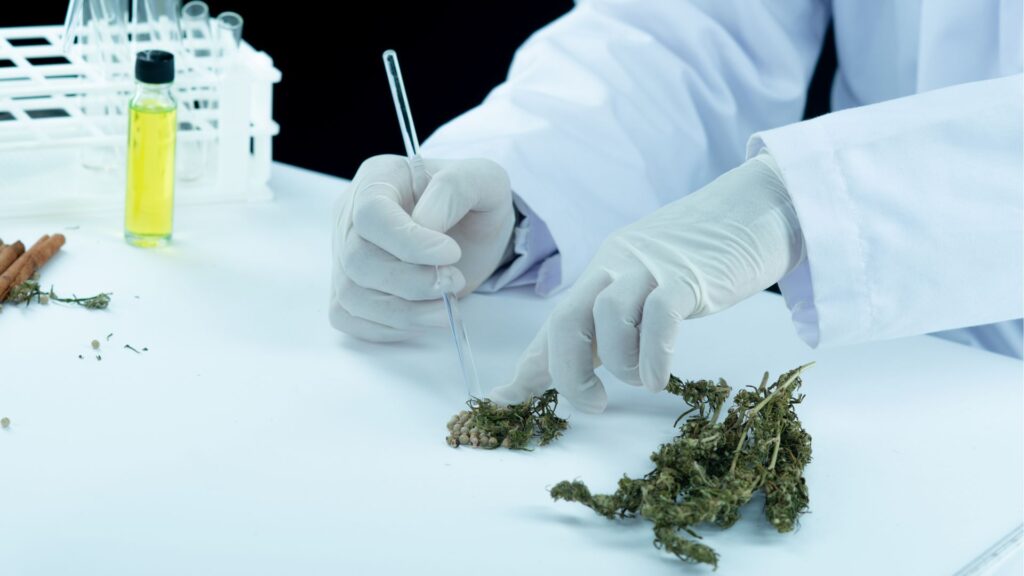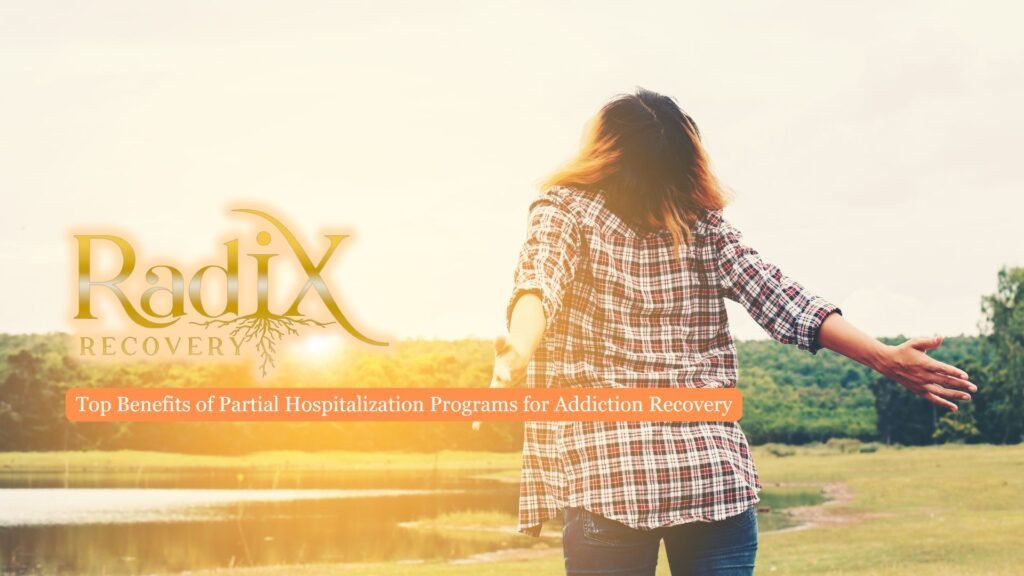Addiction counseling plays a crucial role in recovery, offering a safe and judgment-free space to address substance use and its underlying causes. Many people hesitate to seek help due to uncertainty about what counseling involves. This guide breaks down what to expect in your first session, from discussing personal history to setting recovery goals.

What to Expect in Addiction Counseling
Addiction counseling is personalized to meet individual needs. A licensed addiction counselor provides support, helps identify behavioral patterns, and equips individuals with coping strategies to navigate challenges and work toward lasting sobriety. Sessions focus on identifying triggers, modifying unhealthy behaviors, and strengthening motivation for long-term recovery. Many people with substance use disorders also experience mental health conditions like anxiety or depression, which therapy helps address alongside addiction. Through guided discussions and evidence-based techniques, counselors provide the tools and support to navigate challenges and build a healthier, more sustainable lifestyle.
Essential Topics Covered in Addiction Counseling
Understanding Addiction & Triggers
Addiction counselors may begin by explaining how addiction affects the brain and reinforces behavioral patterns. Understanding these mechanisms helps individuals recognize why cravings and compulsive behaviors occur. Counselors also help identify personal triggers—such as stress, trauma, or relationship conflicts—that contribute to substance use. Individuals can develop healthier coping strategies by pinpointing these triggers, making it easier to break destructive cycles and build long-term resilience.
Emotional & Mental Health
Substance abuse and mental health are closely linked, with many individuals facing underlying trauma, anxiety, or depression. Addiction counseling helps address these issues by providing strategies to manage stress, process past experiences, and regulate emotions. By improving mental well-being, individuals are better equipped to handle challenges without relying on substances, fostering a healthier and more sustainable recovery journey.
Coping Strategies & Behavioral Changes
Counseling sessions often focus on developing healthier ways to cope with stress and cravings. Cognitive behavioral therapy (CBT) helps individuals recognize and change negative thought patterns that fuel addiction. Therapists also provide strategies for relapse prevention, mindfulness, and emotional regulation. In addition to traditional therapy, some individuals find meditation and holistic approaches beneficial in building resilience and supporting long-term recovery.
Rebuilding Relationships & Support Systems
Addiction can strain relationships with family, friends, and partners. Counseling also provides guidance on improving communication, setting healthy boundaries, and rebuilding trust. Therapists also help individuals navigate past conflicts and strengthen their support networks, which play a crucial role in maintaining long-term sobriety. Developing meaningful connections with supportive people fosters accountability and emotional stability throughout recovery.
Setting Goals for Recovery from Addiction
Counselors help individuals define realistic, actionable goals that support long-term sobriety. This process may involve improving financial stability, addressing physical and mental health concerns, or rebuilding relationships. By breaking larger goals into manageable steps, counseling provides structure and accountability, making it easier to stay on track. Setting and achieving these goals empowers individuals to take control of their recovery and build a healthier, more stable future.

Overcoming Common Fears About Counseling
Starting addiction counseling can feel overwhelming, especially for those unsure of what to expect. Many fear being judged, struggle to open up, or worry about facing difficult emotions. However, therapy is a confidential, supportive space where individuals work through challenges at their own pace. Therapists guide conversations naturally, allowing clients to share when they feel ready. There is no expectation to disclose everything at once—progress happens gradually, without pressure or shame.
Another common concern is facing emotions tied to addiction, such as guilt, anxiety, or fear of change. While this can be difficult, therapy provides coping strategies like cognitive behavioral therapy (CBT) and mindfulness to help manage distress in healthy ways. Many also worry about how sobriety will affect their relationships and lifestyle, but counseling helps individuals set realistic goals, strengthen support systems, and navigate recovery with confidence. Taking the first step may feel daunting, but every session builds self-awareness and resilience for lasting change.
Final thoughts from Radix Recovery
At Radix Recovery in Cedar Rapids, our team of expert counselors integrates cognitive-behavioral therapy, motivational interviewing, and mindfulness techniques to address the root causes of addiction. We create personalized treatment plans for each client’s needs, adapting to their progress and unique challenges. With our dual diagnosis program, we effectively treat co-occurring mental health disorders alongside addiction, providing comprehensive care for lasting recovery.
































































































